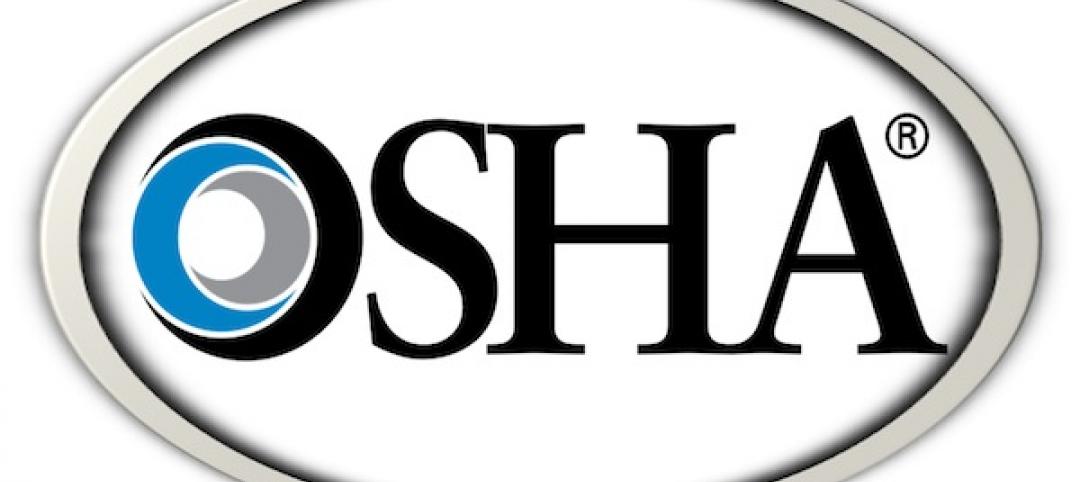After some initial opposition, residents of London, England have gotten used to congestion pricing for cars—and the reduced traffic that has resulted.
London's plan initially faced opposition and a legal challenge, but its success has led to widespread acceptance. Many drivers took to traveling at off-peak hours, carpooling, or taking transit after the initiative went into effect.
Between 7 a.m. and 6 p.m. on weekdays, drivers entering a 21-square-kilometer zone in Central London are charged $20. The city offers discounts or exemptions for zone residents, people with disabilities, emergency vehicles, motorcycles, and taxis.
Within three years, traffic fell by 15% and congestion—the extra time to make a trip because of impeded traffic flow—was reduced by 30%. Noting the success of congestion pricing in London and other cities including Stockholm, cities worldwide including Singapore, New York, and Vancouver have implemented or are considering congestion pricing.
Related Stories
| Oct 31, 2012
Investigators look into crane severely damaged by Sandy in Manhattan
Investigators are examining a construction crane collapse atop a $1.5 billion luxury high-rise in midtown Manhattan due to high winds during Hurricane Sandy.
| Oct 31, 2012
Construction error suspected in Miami-Dade College garage collapse
A construction error is the chief suspect in the partial collapse of a parking garage at Miami-Dade College in Doral, FL.
| Oct 31, 2012
New European laws on timber will go into effect in March 2013
A new European Union timber regulation prohibits the “placing on the market of illegally harvested timber or timber products derived from such timber.”
| Oct 31, 2012
MIT models show roofs' capacity for solar energy in Cambridge, Mass.
A new mapping tool from the Massachusetts Institute of Technology and a Boston design firm can calculate rooftops' capacity for solar energy.
| Oct 31, 2012
Demand for living roofs, walls to reach $7.7 billion by 2017
The demand for green roofs and living walls is expected to climb from $5.3 billion in 2011 to $7.7 billion in 2017, according to a report from Lux Research.
| Oct 25, 2012
Philadelphia councilmen move to crack down on contractors working without licenses, permits
Two Philadelphia city councilmen are trying to crack down on the "underground economy" of developers and contractors who work without licenses and permits, pay cash under the table, and operate unsafe job sites.
| Oct 25, 2012
OSHA and NIOSH offer Spanish version of nail gun safety document
The Occupational Safety and Health Administration and the National Institute for Occupational Safety and Health have made available a Spanish version of “Nail Gun Safety - A Guide for Construction Contractors.”
| Oct 25, 2012
AGC holding webinar on sequestration’s potential impacts on the construction industry
AGC will hold a free webinar on sequestration and its potential impact on federal construction contractors on Nov. 7.















